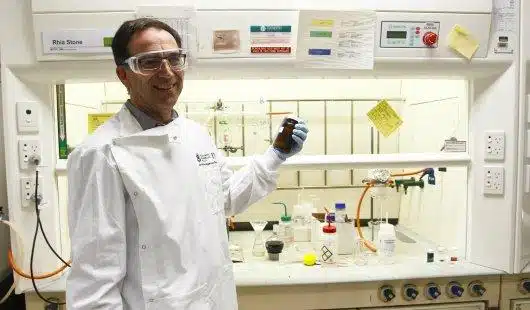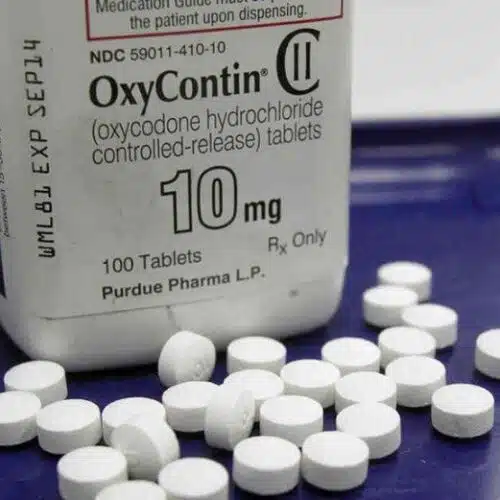In recent years Cannabidiol (CBD) has been proven to help treat the symptoms of anxiety, epilepsy and pain. Now, new research is emerging that CBD may be part of the next wave of antibiotics used to treat bacterial infections.
Drug resistant diseases are on the rise and reaching a critical level affecting all countries. In April 2019, the World Health Organization released a groundbreaking report “demanding immediate, coordinated and ambitious action to avert a potentially disastrous drug-resistance crisis.” If no action is taken, it is estimated that diseases that do not respond to drug treatment could cause 10 million deaths a year by 2050. This epidemic will result in a global economic crisis similar to the 2008 financial crisis.

This week new evidence came out that CBD could be one of the next new treatments to help fight the threat of drug resistant bacteria. Mark Blaskovich, PHD, presented research at the American Society for Microbiology annual meeting. Blaskovich is a senior research officer at the Centre for Superbug Solutions at the Institute for Molecular Bioscience at the University of Queensland in Australia.
The results Blaskovich shared at ASM Microbe showed that CBD has a surprisingly powerful antibiotic effect against Gram-positive bacteria that was comparable to existing antibiotics, including vancomycin and daptomycin. The in vitro study led by Blaskovich found that CBD is active against Gram-positive bacteria such as Staphylococcus aureus (Staph) and Streptococcus pneumoniae (Strep).
Even in low concentrations, CBD had positive effects in treating methicillin-resistant S. aureus (MRSA). This bacterium is widely known for being the common cause of hospital-acquired infections and is resistant to some forms of antibiotics. The CDC reported that MRSA resulted in 20,000 deaths in 2017 and is considered a significant cause of mortality in the United States.
Blaskovich tweeted this week that “Cannabidiol shows promise against superbug infections.” He also stated that they reviewed CBD’s ability to kill bacteria. “In every case, CBD had a very similar potency to that of common antibiotics.”
Though this research is unpublished it may be the next breakthrough to combat the growing problem of antibiotic resistant strains of bacterial infections. Blaskovich has received a grant from Global Antibiotic Research & Development Partnership (GARDP) to assist in the research to find ‘5 By 25’. The ambitious project’s goal is to develop and deliver five new treatments by 2025 in response to the growing burden of antibiotic resistant infections. According to GARDP “Alarming levels of resistance are now reported in countries of all income levels”. This is resulting in thousands of newborn deaths and patients that have infections that do not respond to any available antibiotics. “Drug-resistant infections already cause at least 700,000 deaths globally each year.”
As more countries legalize cannabis, and research restriction are lifted, clinical trials involving CBD and THC will be able to proceed similar to other drug trials. We are optimistic that similar to the FDA approval of cannabidiol to treat epilepsy, more research will emerge involving the medicinal properties of the various cannabinoids found in cannabis.
View this post on Instagram



